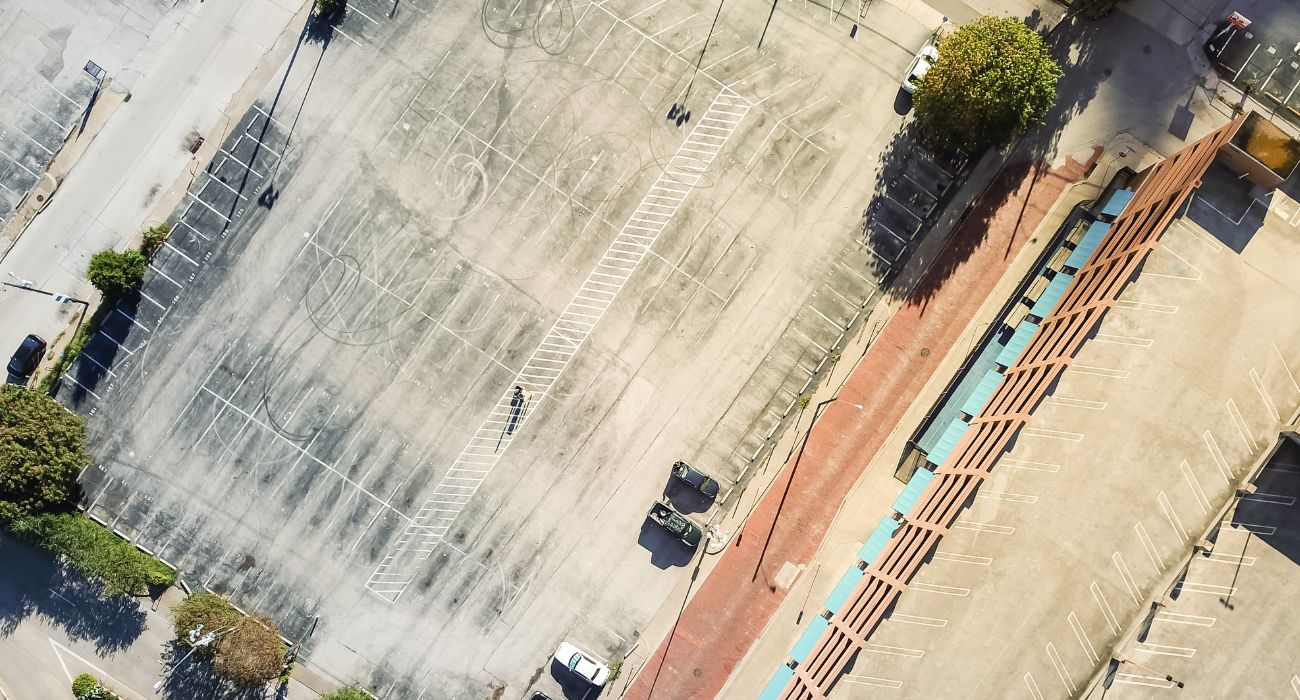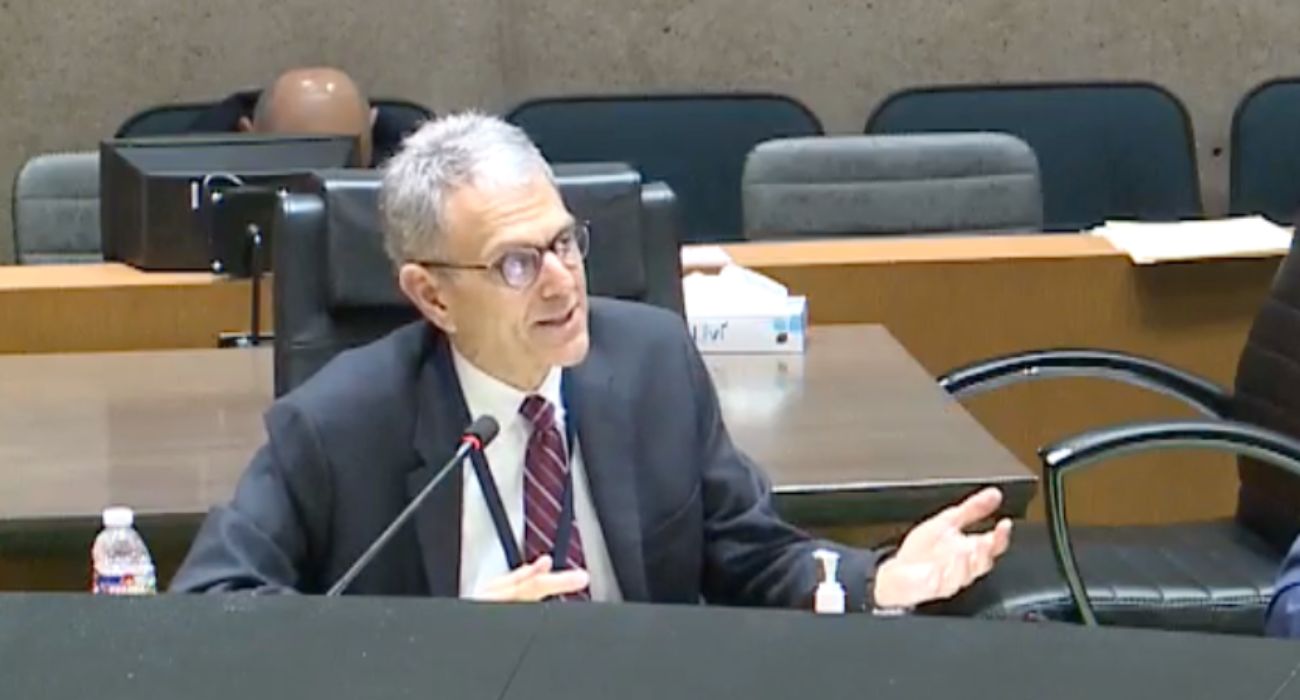In 1970, singer-songwriter Joni Mitchell wrote, “They paved paradise and put up a parking lot.” The song was reflective of a trend that was common at the time. Just a few years earlier, the City of Dallas had passed its own ordinance mandating minimum parking requirements for new construction.
Over the last 50-plus years, times have changed, the city has changed, and the modes of transportation have changed, but city parking requirements have not.
In the intervening years, the availability of public transportation has increased and ride-sharing has become a frequently-used option. Hike and bike trails in the city allow for more cycle and pedestrian traffic.
Parking lots are abundant in Dallas, yet approximately “90% of parking spots sit vacant at all times,” according to Michael Ablon, the founder and CEO of PegasusAblon, a Dallas-based real estate investment and development firm.
Due to the amount of unproductive space, “the city is failing to effectively generate income from those lots and is thus contributing less to Texas’s Gross Domestic Product (GDP),” Ablon claimed.
A significant portion of Dallas’ economic growth has allegedly been stymied by the City’s Development Code and a failure by council members to overhaul the half-century-old formula that determines the local parking regulations.
Builders and real estate professionals rely on Chapters 51 and 51A of Dallas’ Development Code to determine the parking requirements for each project.
The City code mandates a certain number of off-street parking spots with every new development, determined by a formula specific to the type of development.
Some examples of minimum parking requirements include hotel rooms (a 250-room-hotel must have 250 parking spaces), bars and restaurants (1 space for every 100 square feet), clubs (1 space for every 25 square feet of the dance floor), sewage pumping stations (1 space for every million gallons of sewage the station can pump), bingo parlors (1 spot for every 50 square feet of space), and pawn shops (1 for every 200 square feet).
Many of the 180 minimum parking requirements under code 51A can be viewed as antiquated by modern standards.
“Of parking codes, I have to say the ones in Dallas are the most bizarre I have ever seen,” said Donald Shoup, professor of urban planning at UCLA. “Most of them date from 1967, and it seems as though no one has ever looked at them since.”
Although Dallas is a hotspot for real estate development and construction, the lack of foresight by local officials to modernize the City’s parking formula has made it costly, restrictive, and time-consuming for real estate experts to get their projects off the ground.
Often, the expense and space required to provide the mandated parking are enough to kill the deal altogether.
“We have had more projects killed in the evaluation stage by parking than any other factor, including access to capital and rent requirements,” stated Ramsey March, the managing director at Stream Realty. “There is enough data now to support that we’ve got a massive chunk, particularly of urban Dallas, that is massively over-parked.”
In addition, the parking requirements have led to what the City’s Zoning Ordinance Advisory Committee calls “disappeared buildings.”
The phenomenon occurs when buildings or structures are torn down and redeveloped into parking spaces in order to satisfy local zoning requirements, thus changing the landscape of the city.
In Part 2 of this article, The Dallas Express will examine further potential benefits of parking reform and how it could be the secret ingredient to unlocking a new form of economic potential in Dallas.







Depending upon the location, an unused parking garage could be a place for homeless to pitch there tents and have some protection from the elements. Add a few porta potties and they can have their own space.
Government should be focused on ending homelessness, starting by making pitching tents in public places illegal, moving on to providing safe lodging for the homeless, in exchange for working on a project to clean up streets and parks, or other duties the person may be qualified for. Something should also be done about outrageous rents being charged in the area, which are out of reach for many, even with decent, stable employment.
Where will the money come from to pay housing for the homeless, from the Ukraine????.